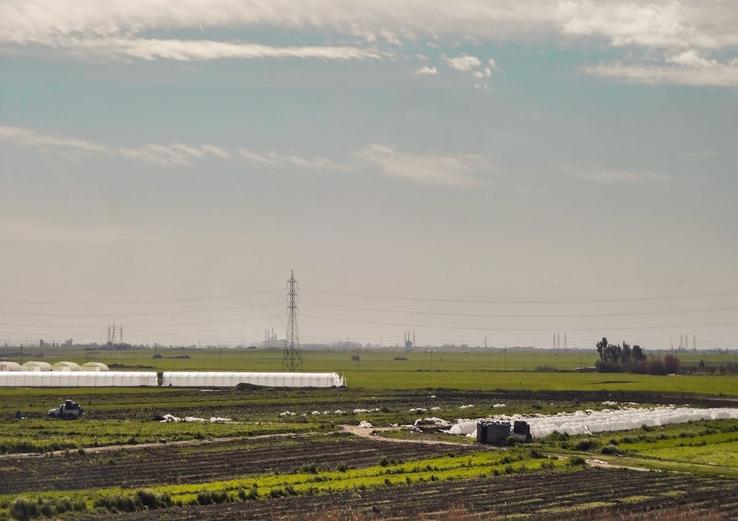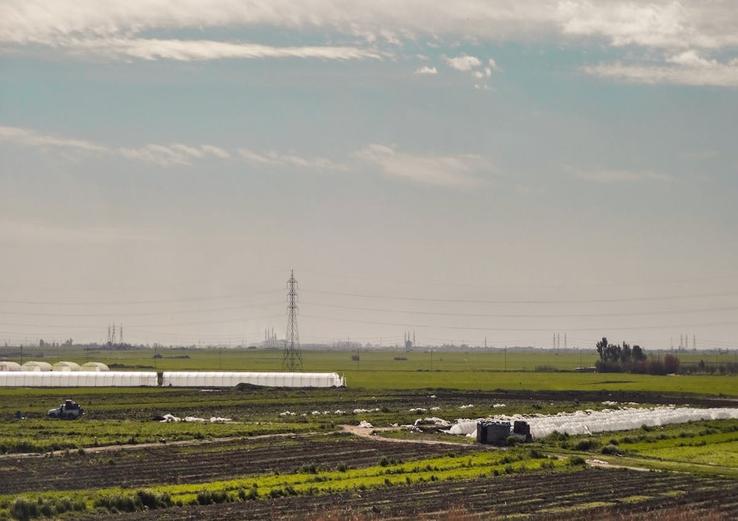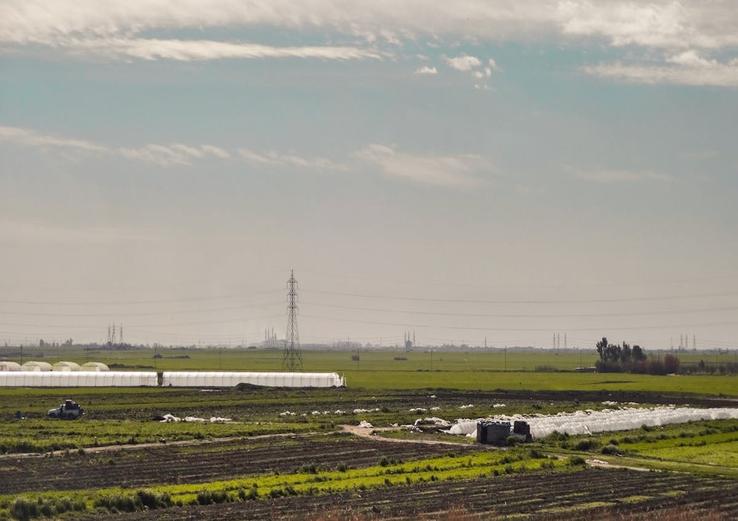
Delhi’s Quest for Clean Air: Cloud Seeding Trial on the Horizon
As the nation’s capital, Delhi, grapples with severe air pollution, the government is exploring innovative solutions to mitigate the issue. One such approach is cloud seeding, a weather modification technique that aims to enhance precipitation and reduce pollution. According to Environment Minister, Sirsa, Delhi’s first cloud seeding trial is likely to take place after Diwali, pending approval from the India Meteorological Department (IMD). This development has sparked interest among environmentalists, scientists, and citizens, who are eager to see the potential impact of this technology on the city’s notoriously polluted air.
Cloud seeding involves injecting substances like silver iodide or salt into clouds to stimulate precipitation. The concept is based on the idea that these substances will act as cloud condensation nuclei, enhancing the formation of ice crystals and eventually leading to rainfall. By inducing precipitation, cloud seeding can help wash away pollutants and particulate matter from the atmosphere, improving air quality. The technique has been used in various parts of the world, including the United States, China, and the United Arab Emirates, with mixed results. While some studies have reported positive outcomes, others have raised concerns about the efficacy and potential side effects of cloud seeding.

In the context of Delhi, cloud seeding is being considered as a potential solution to address the city’s severe air pollution problems. The capital’s air quality is notorious for being among the worst in the world, with particulate matter (PM) levels often exceeding safe limits by several times. The situation worsens during the winter months, when a combination of factors like crop burning, vehicular emissions, and industrial pollution contribute to a toxic haze. By inducing precipitation through cloud seeding, the government hopes to reduce the concentration of pollutants in the air and provide relief to the city’s residents.
The upcoming cloud seeding trial in Delhi is expected to be a collaborative effort between the government, scientific institutions, and private organizations. The Environment Minister has indicated that the trial will be conducted in conjunction with the IMD, which will provide critical support and expertise. The trial will involve the use of aircraft or drones to dispersing cloud seeding substances into clouds, which will then be monitored for their impact on precipitation and air quality. The results of the trial will be closely watched by scientists, policymakers, and citizens, who are eager to see whether cloud seeding can emerge as a viable solution to Delhi’s air pollution woes.

As Delhi prepares to embark on this innovative experiment, there are several factors that will be crucial to its success. First and foremost, the trial must be rigorously designed and executed to ensure that the results are scientifically valid and reliable. This will require careful planning, monitoring, and evaluation of the cloud seeding process, as well as the subsequent impact on air quality and precipitation. Additionally, the government must ensure that the trial is transparent and accountable, with clear communication about the objectives, methods, and outcomes. This will help build trust among citizens and stakeholders, who are likely to be skeptical about the effectiveness of cloud seeding.
Furthermore, the cloud seeding trial must be seen as part of a broader effort to address Delhi’s air pollution problems. While the technology may offer some benefits, it is unlikely to be a silver bullet that can single-handedly solve the city’s environmental challenges. Instead, it must be combined with other measures, such as stricter emissions controls, increased use of clean energy, and sustainable urban planning. By adopting a multi-faceted approach, the government can help reduce the city’s reliance on polluting activities and create a healthier, more sustainable environment for its residents.
In the weeks and months ahead, Delhi’s cloud seeding trial will be closely watched by experts and citizens alike. As the city navigates the complexities of this innovative technology, it is essential to maintain a nuanced and evidence-based perspective. While cloud seeding may offer some promise, it is crucial to approach the trial with a critical and open-minded attitude, recognizing both the potential benefits and limitations of this approach. By doing so, Delhi can take a significant step towards addressing its air pollution challenges and creating a healthier, more sustainable future for its citizens.
